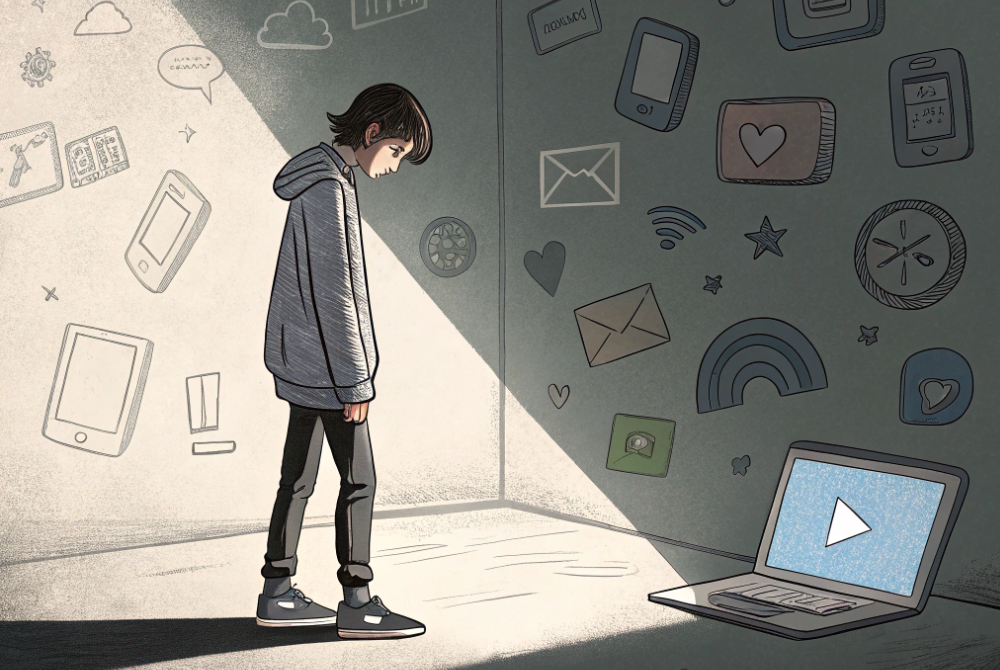Why youth are afraid to speak out on social media
1 day ago
SHAH ALAM – Teenagers are among the most active social media users in Malaysia.
Yet, within the vast freedom of the digital world, a worrying phenomenon has emerged: the fear of speaking openly.
Observations show that many teenagers now feel now more comfortable being passive observers rather than expressing their views, especially on issues related to politics, religion,race and national institutions.
Fear of criticism, cancel culture and legal repercussions were among the main factors contributing to this culture of silence.
The rise of cancel culture on social media often prompts users to refrain from expressing personal views, even when harbouring good intentions. Those who share opinions risk facing personal attacks, cyberbullying and the spread of misinformation.
As a result, teenagers opt to remain silent to avoid unnecessary emotional and social stress.
This fear is also influenced by legal constraints such as the Sedition Act 1948 and the Communications and Multimedia Act 1998.
Although these laws were enacted to preserve national harmony, teenagers view potential punishments—such as fines and imprisonment—as threats to their freedom of speech, particularly when statements can be misinterpreted or manipulated.
Concerns about digital footprints contribute to the rise of this phenomenon.
In an era where every virtual interaction is permanently stored, teenagers are increasingly aware that statements posted today could impact their future reputations and opportunities.
Employers, higher education institutions and the public scrutinise online records and activity as indicators of personal and professional values.
Internal factors also contribute to teenagers keeping silent.
Low self-confidence, fear of peer rejection and worry over a lack of support discourage many teenagers from sharing their views, especially if their opinions differ from the majority.
This particularly concerning phenomenon has posed major implications for the development of critical thinking among youth.
Suppose the voices of young people are silenced in a digital environment that is supposed to be inclusive. In that case, the democratic process, civic engagement and identity formation of future generations will inadvertently be negatively affected.
It is a shared responsibility among educational institutions, families, authorities and social media platforms to create safe spaces that support responsible freedom of expression.
Education on digital ethics, legal awareness and skills for respectful opinion-sharing must be strengthened.
Overall, teenagers must be assured that their voices matter.
With the right guidance, they can blossom into mature, intelligent and influential agents of change in Malaysia’s digital society.
...Read the fullstory
It's better on the More. News app
✅ It’s fast
✅ It’s easy to use
✅ It’s free









